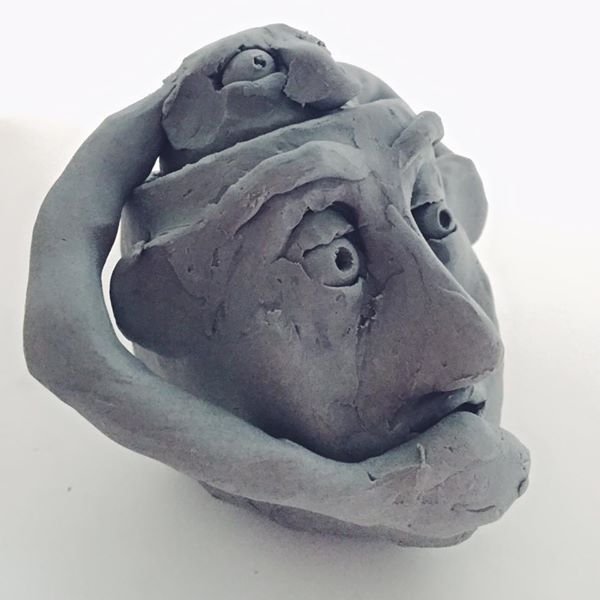
Our village is sick.
In ancient shamanic cultures, when a person in the village was ill, suffering from mental health problems, or committing crimes, the people of the village would go to the local shaman and tell him, “Our village is sick.”
These ancient people recognized something that, in our modern societies, we have forgotten: That everything is connected.
Those of us who express illness in our culture are often expressing the illness of our entire society. It sounds simple enough, but our entire medical model is based on the opposite paradigm: It expresses the view that individuals are ‘sick’ and must be healed so that they can return to society, which is assumed to be ‘healthy’.
The problem with this medical model is that it ignores the obvious paradox: That to adapt and mould yourself to an unhealthy society is, in fact, to be very sick indeed. Some of the ‘healthiest’ people in our world — politicians, CEOs, bankers, priests — are the sickest. This is because their apparent success and prestige is the very thing that is killing the rest of us.
Cause and effect
In ancient shamanic cultures, a drunk, homeless man roaming the outskirts of the village would have provoked the entire village to ask, “What have we done that has caused this man to be like this?" In other words, their perspective would have been: Our village is sick.
In our modern cities, the opposite question is asked. We typically ask, “What has this man done to cause himself to be like this?” In other words, we say: This man is sick.
Shamanic cultures recognize that our hypothetical drunk is a product of his environment and culture. They acknowledge that his fate was intimately interwoven with the structures of society and his community. However, our modern city-dwelling cultures have been educated to disconnect the drunk from his social context and view him as a discrete aberration, solely responsible for his own circumstances.
It is this, the refusal to accept that our global village is sick, that allows trauma-based mind-control to run unchecked in our societies. As long as those who seek to control us are able to divide us into those who are ‘sick’ and those who are ‘well’ we will remain divorced from the truth of what is happening here on planet Earth.
What is health?
This book seeks to reconnect those who are ‘well’ with those who are ‘sick’, so that that the former can begin to understand how the latter carry the burdens of the whole community. We will explore concepts like the ‘nominated patient’, where individuals in family groups are subconsciously nominated as containers for the unspoken abuses of entire communities. We will also investigate the causes of widespread depression, anxiety and addiction and how these are symptoms of, not only the trauma of personal biographies, but of our entire global culture of trauma-based mind-control.
This book will not be an easy one to read, but it is one worth reading, because it is a book about you. No matter how far your life feels detached from the heroin addict prowling desperately for the cold rush of her next hit, or the prostitute, rattling hopelessly down the city streets, this book intends to show you how these people express the pain of a larger body of which you are part.
For the first-time reader, we suggest the following: Forget everything you were taught, and dare to listen to us for the next few hundred pages. Much of what you read in this book will sit in opposition to what your doctors, priests, politicians, and media oracles want you to believe is going on here. We urge you to think for yourself and question authority. We don’t have the answers either, but we hope to provoke the right questions.
If you’re sitting comfortably, then we’ll begin.
NOTE:
If you are reading this sometime in the distant future, please be aware that this is a draft chapter section from the book Secret Doors, Hidden Rooms: Understanding and Deprogramming Trauma-Based Mind-Control systems which may now be available as a complete and finished book. It will contain much more detail and an updated text. Try searching for it online.
"The village is sick"
This makes so much sense, but I never realised people actually used to think this way.
Addiction, depression; these to me are symptoms of modern society. Something is wrong, yet it's easier to just cast them out and blame them for not fitting in.
This is a smashing introduction. It makes perfect sense.
I am interested in these shamanic cultures. Do you have any examples? I expected that ancient cultures were less enlightened and more barbaric, but I like to see sources that prove otherwise.